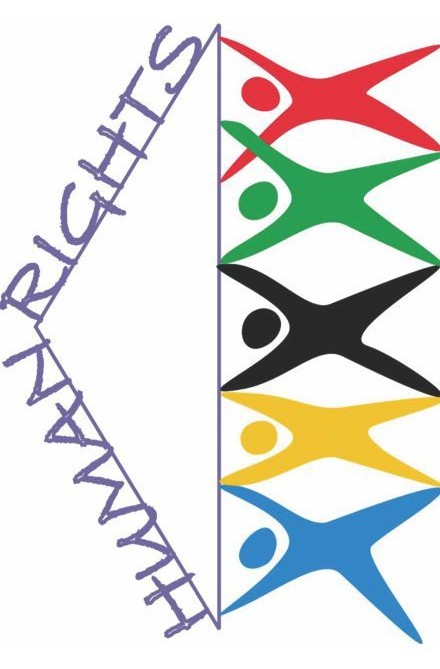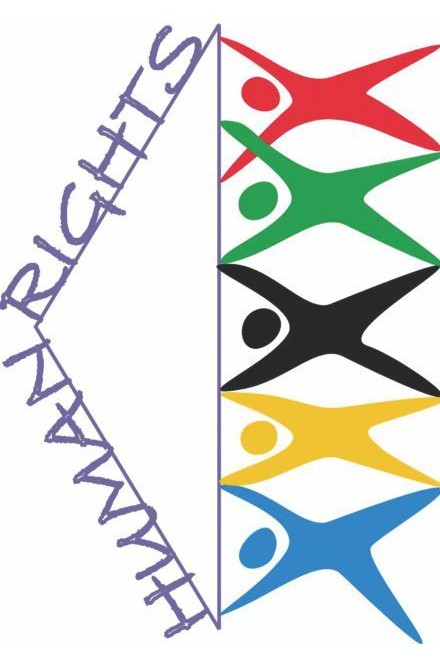
.png) Albert Rayan
Albert Rayan

Instances of human rights violations across the globe have been on the rise for the past few years. The practice of prosecuting and persecuting rights activists and honest journalists seems to have become the new normal in some countries.
In India, human rights defenders are targeted, arrested and tortured. False charges are framed against those who fight for the rights of tribals, Dalits, religious minority communities, the poor and the disadvantaged. Voices of dissent are suppressed and critics are silenced. Rights groups and international communities have raised concerns over the growing instances of rights abuses in India in various international forums.
Let’s look at some recent human rights violations in the country and ask ourselves what we can do to stop such violations in the future.
In August 2019, before Article 370 granting special autonomy status to the state of Jammu & Kashmir was revoked, thousands of Kashmiris, mainly politicians, activists, lawyers and journalists were detained without charge. The Internet was shut down. There were several serious allegations of human rights violations by armed forces. Kashmiris feel that as they are Muslims they are treated as second class citizens in India.
In December 2019, the Indian parliament passed the Citizenship Amendment Act (CAA) and legalized discrimination on the basis of religion. As the CAA violates the Constitution of India, people across the country raised their voice against it. Sedition charge has been slapped against some anti-CAA protesters.
Violent attacks against minorities by extremist Hindu groups have resulted in many deaths. Cow vigilantes have killed Muslims based on rumours that they traded and killed cows for beef. Quite shockingly, some lynching cases have not been condemned by those who are in power. Amnesty International India that demands governments to protect and uphold human rights was forced to halt its work in the country as the Indian government has frozen the organization’s bank accounts with the sole aim of silencing human rights defenders.
Recently, the body of a 19-year-old Dalit woman, who died after she was allegedly gang-raped by four upper-caste men, was cremated without her family’s consent. The inhumane incident took place in the Hathras district of Uttar Pradesh. Prime Minister Modi did not even condemn the alleged rape and murder of the Dailt woman. Even before the investigation was over, a senior police officer concluded that the victim was not raped. This is a clear case of poor Dalit women being raped and stripped of their rights. The court asked the District Magistrate - 'What if it was a girl from a rich family? Would you have cremated her the same way?
Very recently, Tanishq Jewellery, a division of Tata Group’s Titan company, had to withdraw a 43-second advertisement that featured a Muslim woman throwing a baby shower for her Hindu daughter-in-law as some fanatics demanded a ban on the commercial and a boycott of the Tanishq brand. The fact that the commercial celebrating an inter-faith marriage was branded as ‘love jihad’ and was considered ‘controversial’ proves that there is growing intolerance in the country. Though the Advertising Standards Council of India (ASCI) stated that there was no breach of any code, Tanishq had to pull down the ad fearing violence.
Eighty-three-year-old Jesuit priest Fr Stan Swamy, a well-known activist working for the rights of Adivasis (tribals) in Jharkhand, India, has been arrested by the National Investigation Agency (NIA) on fabricated charges as Fr Swamy was highly critical of the previous BJP government in Jharkhand. The activist alleges that fake evidence was planted in his computer before he was arrested. Many other activists like Fr Swamy have been unjustly detained by the police.
The Universal Declaration of Human Rights, a landmark document in human rights history, states that basic human rights require protection. It is the prime responsibility of the judiciary to protect the rights of citizens but certain recent court verdicts were favourable to the perpetrators of human rights violations. For example, the verdict in the Babri Masjid demolition case made justice-loving people question the integrity of judges and ask whether we are ruled by power or by rule of law. Though there were sufficient documentary evidence and witness testimonies, all the 32 perpetrators of the crime were acquitted by the court. This verdict has sent a signal that issues of rights are no more relevant in the country.
What should be done to stop human rights violations?
The recent human rights violations in the country have made right-thinking people ask why those who are in power violate the Constitution of India and go against the Universal Declaration of Human Rights and what should be done to stop human rights abuses in the country.
I think it is important to incorporate human rights education (HRE) in the school curriculum in order to promote peace, democracy and social order. The World Conference on Human Rights held in 1993 declared HRE as “essential for the promotion and achievement of stable and harmonious relations among communities and for fostering mutual understanding, tolerance and peace." In 1994, the UN General Assembly declared the UN Decade of Human Rights Education (1995-2004) and urged all the member countries to promote and include HRE in their school systems.
Human rights education in the school curriculum
A few years ago, while interacting with students at the tertiary level, I tried to assess their knowledge of human rights and find out whether they valued human rights. During the session I raised these questions: What are human rights? Why is it important for us to have knowledge of human rights? Do we value human rights? Do we have a “human rights respecting culture” in India? What are human rights violations? Are we able to recognize human rights violations? What should be our response to various human rights violations that take place across India? What steps should we take to stop human rights violations? Are you familiar with the term “the Universal Declaration of Human Rights”?
I was rather disappointed as most students did not have adequate knowledge of human rights and some of them did not seem to value the concepts such as freedom of ex
Why human rights education?
The Article 26(2) of the Universal Declaration of Human Rights states “Education shall be directed to the full development of the human personality and to the strengthening of respect for human rights and fundamental freedoms. It shall promote understanding, tolerance and friendship among all nations, racial or religious groups, and shall further the activities of the United Nations for the maintenance of peace.”
Human rights education (HRE) helps students become aware of human rights issues, acquire the skills that are necessary to understand human rights concepts and have the right attitude to value the concepts such as democracy, freedom of speech, justice, equality, human dignity, solidarity and peace. It also helps students to incorporate the concepts into their personal values and decision-making processes; recognize human rights violations and enables them to stand up for human rights. The main objective is to help students develop an acceptable human rights culture.
It is important for educators to sensitize students to various human rights concerns and enable them to become critical thinkers who analyze rights issues objectively and critically and ask right questions.
Last word
In a country where human rights are violated often and there is not much done to stop such violations by those who are in power, it is necessary to educate students for peace, justice and human rights . HRE can incorporate human rights values into students’ attitudes and behaviours and help them develop empathy, tolerance and respect for the rights of others. It can play a key role in sensitizing students to fight for their rights and on the need for making governments accountable.
It will be great if school administrators and educators encourage teachers to get trained in human rights and promote human rights education in their institutions. It is the social responsibility of educators to make every student understand and accept “All human beings are born free and equal in dignity and rights. They are endowed with reason and conscience and should act towards one another in a spirit of brotherhood.” (Article 1, UDHR). It is the moral responsibility of educators to motivate students to move from the state of being passive spectators to the state of becoming active defenders of human rights.
If our education encourages us to be mere spectators of injustice and human rights abuses and doesn’t allow us to think critically and act appropriately, better not call it education.
(Dr Albert P’Rayan is an academic, education columnist and teacher edcuator.)